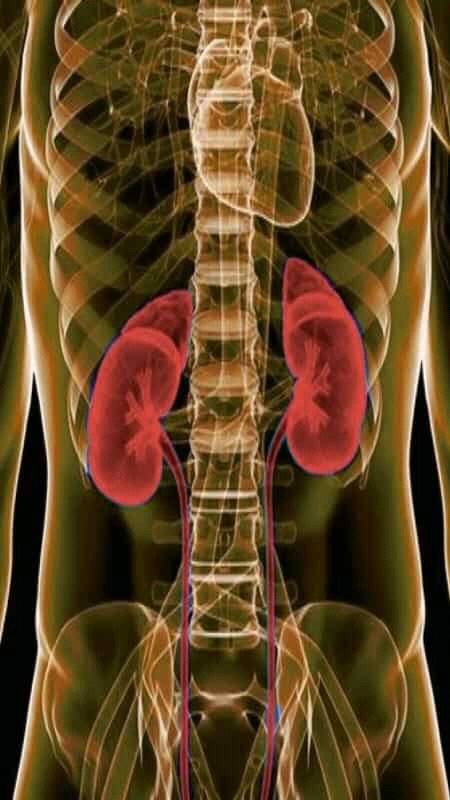Frequent urination, which involves the need to urinate more often than what is considered normal for an individual, can be indicative of various underlying medical conditions. Although the term "more than 5 times a day" is a somewhat arbitrary threshold, it's important to understand that the frequency of urination can vary from person to person. What's crucial is to pay attention to any significant change in your urinary habits. Here are several diseases and conditions that may be associated with the symptom of urinating more than five times a day:
1. **Urinary Tract Infection (UTI):** UTIs are common infections that affect the urinary system. Frequent urination, often accompanied by a burning sensation, is a classic symptom. The infection can occur in the bladder (cystitis) or in the urethra (urethritis) and should be promptly treated with antibiotics.
2. **Diabetes:** One of the hallmark symptoms of diabetes, both Type 1 and Type 2, is increased urination (polyuria). High blood sugar levels lead to the kidneys filtering more blood, resulting in more urine production. This increased urination is often accompanied by excessive thirst (polydipsia).
3. **Diabetes Insipidus:** This rare condition is not related to blood sugar, but it causes excessive urination (often clear and dilute urine) due to problems with a hormone called vasopressin. Diabetes insipidus can be a result of various underlying issues, such as kidney problems or head injuries.
4. **Overactive Bladder (OAB):** OAB is a urological condition characterized by a sudden, strong urge to urinate. People with OAB may find themselves urinating frequently and may even experience incontinence. It can be caused by various factors, including neurological issues or bladder irritation.
5. **Interstitial Cystitis (IC):** This is a chronic bladder condition that can cause frequent urination and a persistent feeling of needing to urinate. It is often associated with pelvic pain and discomfort.
6. **Bladder or Kidney Stones:** The presence of stones in the bladder or kidneys can lead to increased urination, especially if the stones irritate the urinary tract. Pain and discomfort may also accompany stone formation.
7. **Enlarged Prostate (Benign Prostatic Hyperplasia - BPH):** In men, an enlarged prostate can compress the urethra and obstruct the flow of urine. This can result in increased urinary frequency, particularly during the night, and the need to strain while urinating.
8. **Pregnancy:** Pregnant women commonly experience frequent urination, particularly in the early and late stages of pregnancy. The growing uterus puts pressure on the bladder, causing it to fill more quickly.
9. **Neurological Conditions:** Some neurological disorders, such as multiple sclerosis or strokes, can affect the nerves that control the bladder. This can lead to frequent urination and issues with bladder control.
10. **Medications and Diuretics:** Certain medications and diuretics can increase urine production and subsequently lead to more frequent urination. If you've recently started a new medication and notice this symptom, consult your healthcare provider.
11. **Sexually Transmitted Infections (STIs):** Some STIs, like chlamydia or gonorrhea, can cause symptoms like frequent urination, along with other urogenital symptoms. Prompt testing and treatment are essential if you suspect an infection.
12. **Anxiety and Stress:** High levels of anxiety and stress can increase the frequency of urination. The body's "fight-or-flight" response can trigger increased bladder activity.
It's vital to remember that individual experiences with urination can vary, and what is considered "normal" may differ from person to person. If you're consistently urinating more frequently than usual, it's important to consult a healthcare professional. They can perform a thorough evaluation, including a medical history, physical examination, urinalysis, blood tests, and imaging studies, to determine the underlying cause.
Frequent urination should not be dismissed, as it could be a sign of an underlying medical issue. Early diagnosis and appropriate management of the underlying condition are crucial for alleviating this symptom and maintaining overall health and well-being.



No comments yet
Be the first to share your thoughts!